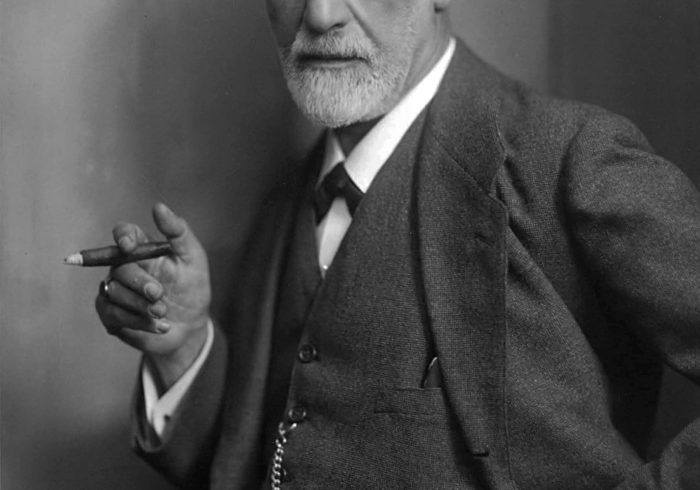The New South Wales Government has announced that it has launched a public awareness campaign which aims to enlist the help of parents to protect children from the harms of gambling.
According to the announcement, research funded by the NSW Responsible Gambling Fund (RGF) has revealed that children aged 12-17 are particularly influenced by the gambling behaviors of their parents.
The report titled The Role of Parents in Youth Gambling found that as much as 70% of parents who gambled in the past year did so in front of their children. The report surveyed 1,185 parents who were the main caregiver of 12-17 year-olds.
Key findings from the report include:
- 68.4% of parents gambled in front of their children.
- Parents facilitating gambling was the strongest predictor of adolescent gambling participation and gambling problems.
- Parents were less likely to speak with children about gambling in comparison to other issues.
- 27.1% of parents reported that their child had gambled during the past 12 months.
- Parents prefer low intensity, easily accessible and self-directed delivery options when accessing information about adolescents and gambling.
Other areas of concern and risk factors for problem gambling identified by the report include
- Playing gambling-like video games
- Poor relationships between adolescents and their parents
- Lack of parental monitoring
As a result of the report, the NSW will work in partnership with GambleAware to launch a campaign to encourage discussions about the potential dangers of exposing minors to gambling. This will be carried out via social media among other channels and will include videos for parents and carers about minimizing young people’s exposure to gambling and additional information.
Director of the Office of Responsible Gambling Alison Parkinson said:
“Young people are now, more than ever, exposed to gambling via video games, advertising, watching sports and through social media so it’s vital we educate children and young people about the gambling risks.
Parents and carers have the greatest influence on youth gambling and their children’s attitudes towards it and I encourage them to monitor their children’s exposure to gaming and gambling, and to talk to them about the risks.
Things you can do include not gambling in front of your children or teenagers, not helping them to gamble, talking to them about the risks of gambling and supervising them online.”
Gamble Aware Community Engagement Officer South-Western Sydney, Kaitlyn Sturges said:
“It is important for parents and carers to be curious about the games children play and what they contain. Gaming can have a positive role in the young person’s life, but the games they play can also expose them to gambling and gambling-like activities.
Many parents and carers haven’t reviewed their own attitudes towards gambling, chance and luck, and how that might trickle down to young people.
A lot of young people are ill-informed about the concepts of randomness and chance, but I firmly believe that they can make informed decisions if we provide them with the necessary education.”
According to the latest gambling statistics for Australia, almost half of all Australians over the legal age for participation take part in some form of gambling activity each year. Meanwhile gamblers lose around $1,200 each year – the highest losses per person in any region with regulated gambling markets.
A recent campaign in New South Wales has shed light on the significant influence that parents can have on their children’s gambling habits. The campaign, launched by the NSW government’s Office of Responsible Gambling, aims to educate parents about the potential impact of their own gambling behaviors on their children.
Research has shown that children who are exposed to gambling at a young age are more likely to develop gambling problems later in life. This exposure can come from a variety of sources, including parents who gamble regularly or take their children to gambling venues.
The campaign emphasizes the importance of parents setting a positive example when it comes to gambling. By demonstrating responsible gambling behaviors and talking openly with their children about the risks associated with gambling, parents can help prevent their children from developing harmful habits.
In addition to educating parents, the campaign also provides resources and support for those who may be struggling with their own gambling habits. This includes information on how to recognize signs of problem gambling and where to seek help if needed.
Overall, the campaign serves as a reminder of the powerful influence that parents have on their children’s behaviors, including when it comes to gambling. By taking proactive steps to promote responsible gambling practices within their own families, parents can help protect their children from the potential harms associated with problem gambling.






